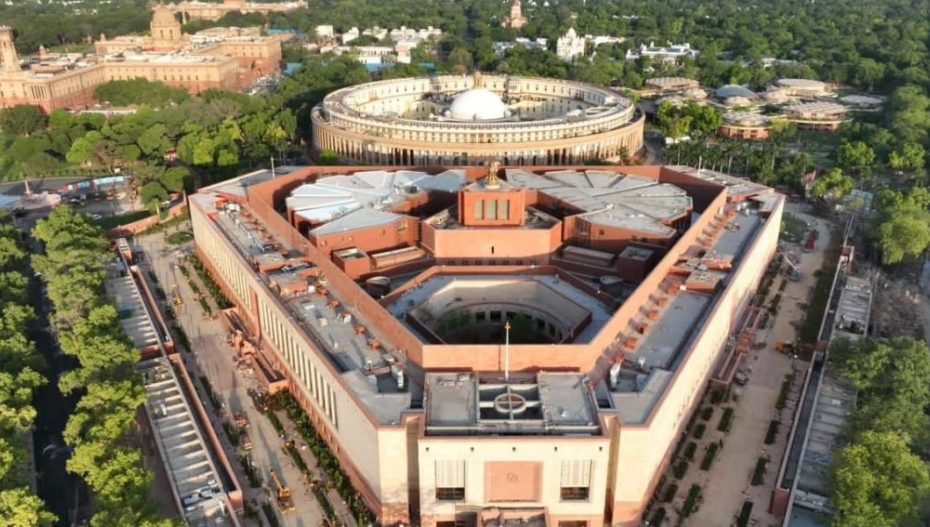New Delhi: Union minister for parliamentary affairs Pralhad Joshi has announced on Thursday (August 31) that a special session of parliament will be held next month from September 18 to 22.
In a statement on X (formerly Twitter), Joshi said that the special session will include five days.
“Special Session of Parliament (13th Session of 17th Lok Sabha and 261st Session of Rajya Sabha) is being called from 18th to 22nd September having 5 sittings. Amid Amrit Kaal looking forward to have fruitful discussions and debate in Parliament,” he said.
However, there is no word on what the agenda will be of the five-day session which is scheduled days after the G20 summit in New Delhi on September 9 and 10.
Joshi’s statement comes weeks after the monsoon session of parliament concluded on August 11.
The session, which started on July 20, saw the Bharatiya Janata Party (BJP) government facing a no-confidence motion that was moved by the Congress and supported by members of the INDIA alliance, demanding a statement from Prime Minister Narendra Modi inside the house on the ongoing violence in Manipur.
According to an analysis by PRS Legislative Research, the Lok Sabha functioned for 43% of its scheduled time and Rajya Sabha functioned for 55% during the session.
A total of 23 Bills were passed amid loud protests from opposition parties demanding a discussion on Manipur through the session.
The session also saw the 17th Lok Sabha’s first no-confidence motion – the second faced by the Modi government. The last no-confidence motion against the Modi government was in 2019.
Opposition accuses government of “no consultation”
The move to announce a special session of parliament has drawn criticism from opposition parties.
In a statement on X, Congress MP Jairam Ramesh said that the move has come as an attempt to “manage the news cycle, Modi style” in the wake of the INDIA parties meeting that is underway in Mumbai and to counter the revelations of reports that investments flowing into the Adani Group from a pair of Mauritius-based investment funds first cited in the Hindenburg Report have ties to the Adani family.
“Regardless, the JPC demand will continue to resonate inside and outside Parliament,” he said.
TMC MP Saket Gokhale said that the decision to convene a special session of parliament has come as the prime minister is “rattled” by the INDIA parties.
“Let’s see if he himself attends this session at least,” he said.
In the monsoon session, Modi was only seen in parliament on the last day when he came to deliver his reply to the no-confidence motion moved against his government.
While the motion was moved to make him speak on Manipur inside the house, Modi spoke on the strife-torn state for less than 10 minutes during his nearly two-hour-long speech.
TMC MP Jawhar Sircar said that the special session has been called without any “consultation with opposition, no agenda known, no message from the Speaker or the Chairman of the Rajya Sabha”.
Shiv Sena MP Priyanka Chaturvedi said that the decision to call the session during Ganesh Chaturthi “goes against the Hindu sentiments. Surprised at their choice of dates!”
Under parliamentary rules and procedures, fixation of dates of summoning and prorogation of the two Houses of Parliament is assigned to the Ministry of Parliamentary Affairs that places a note before the Cabinet Committee on Parliamentary Affairs for making a recommendation on the date and duration of the session.
The recommendation, if agreed to by the prime minister, is submitted by the Ministry of Parliamentary Affairs to the president for approval of the dates of the commencement of a session.
This article was first published by TheWire and written by Sravasti Dasgupta
Also Read: Why Are Ahmedabad Colleges Making A Beeline For Autonomy?













